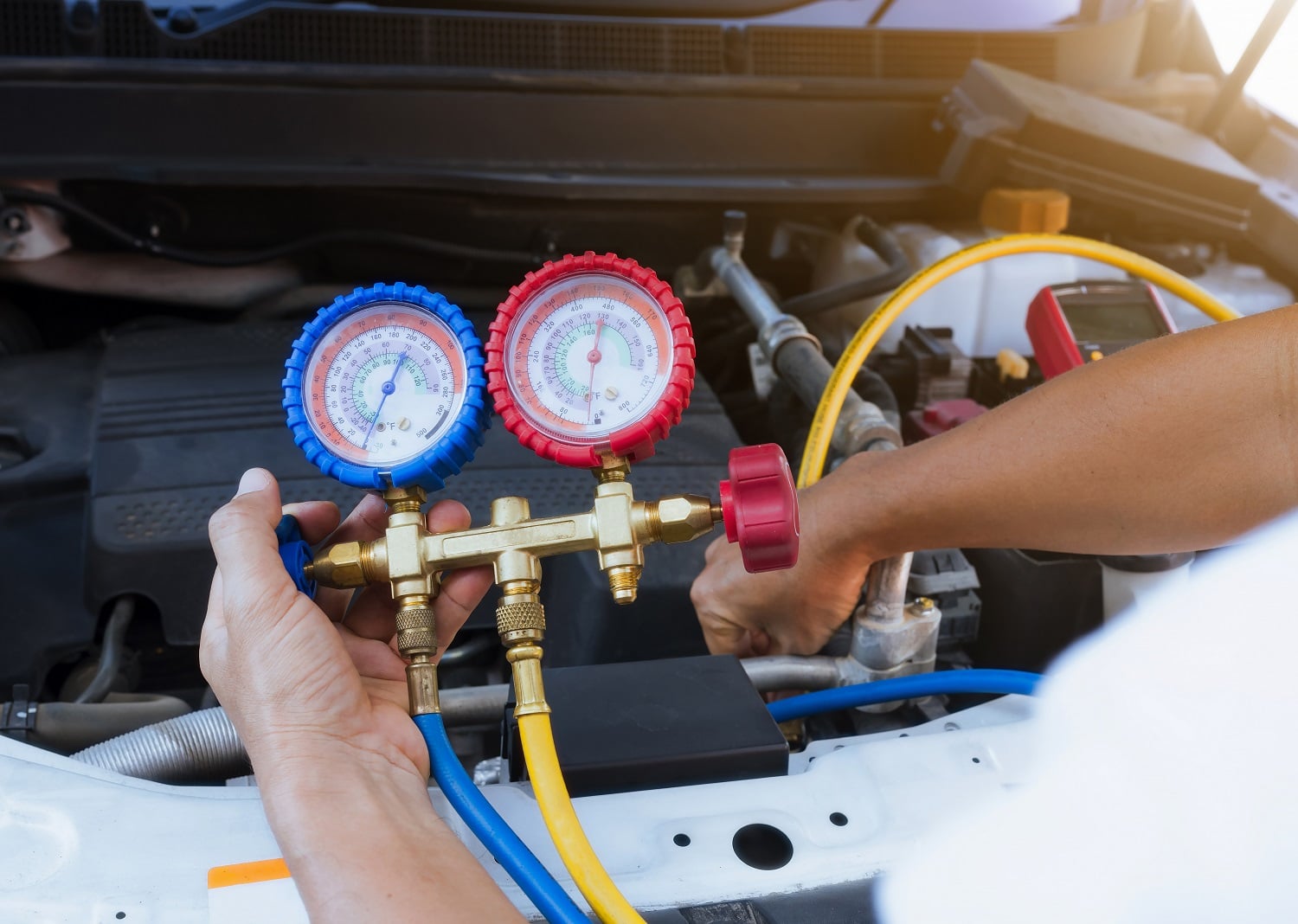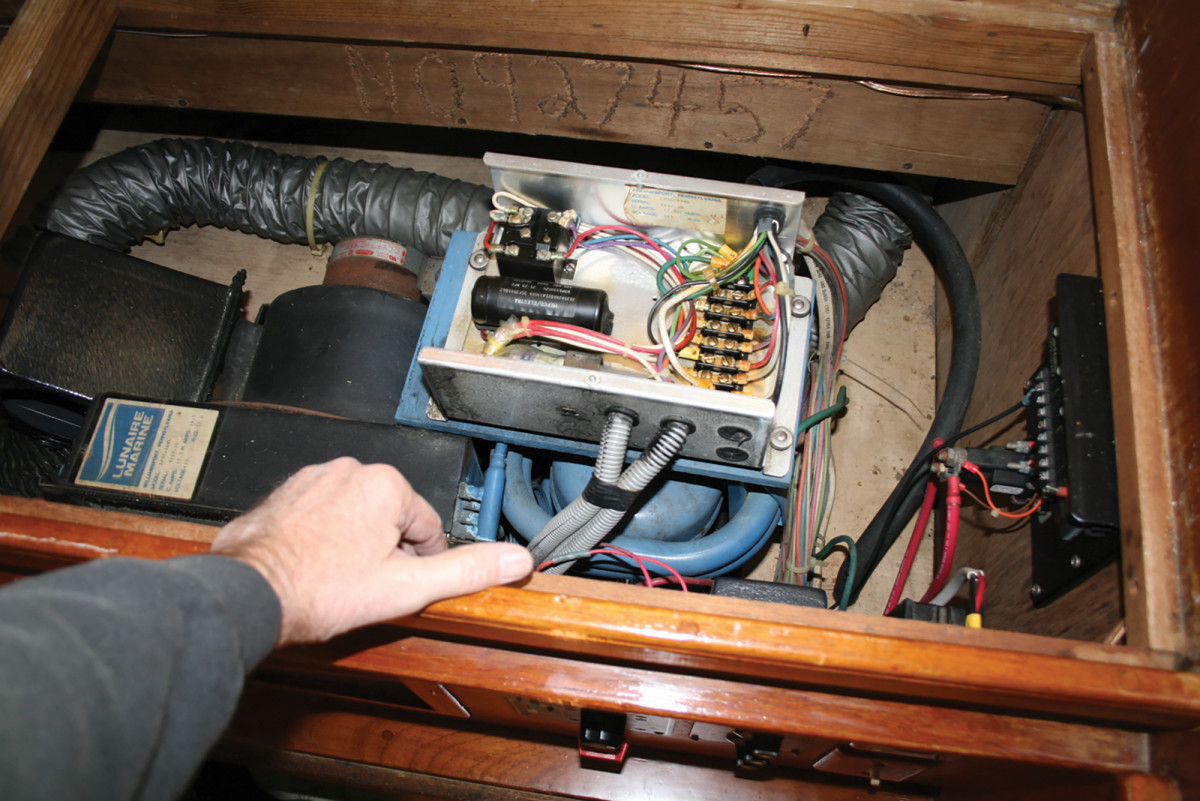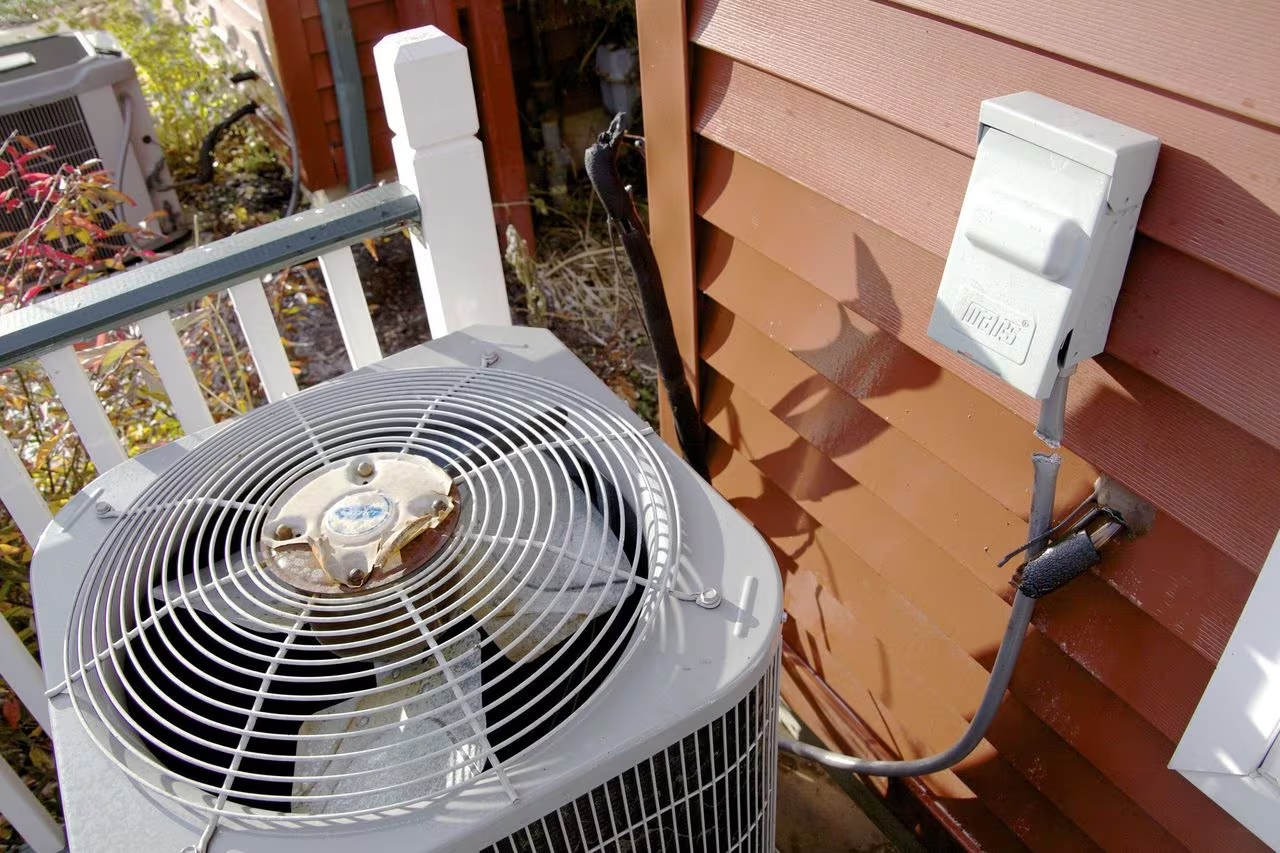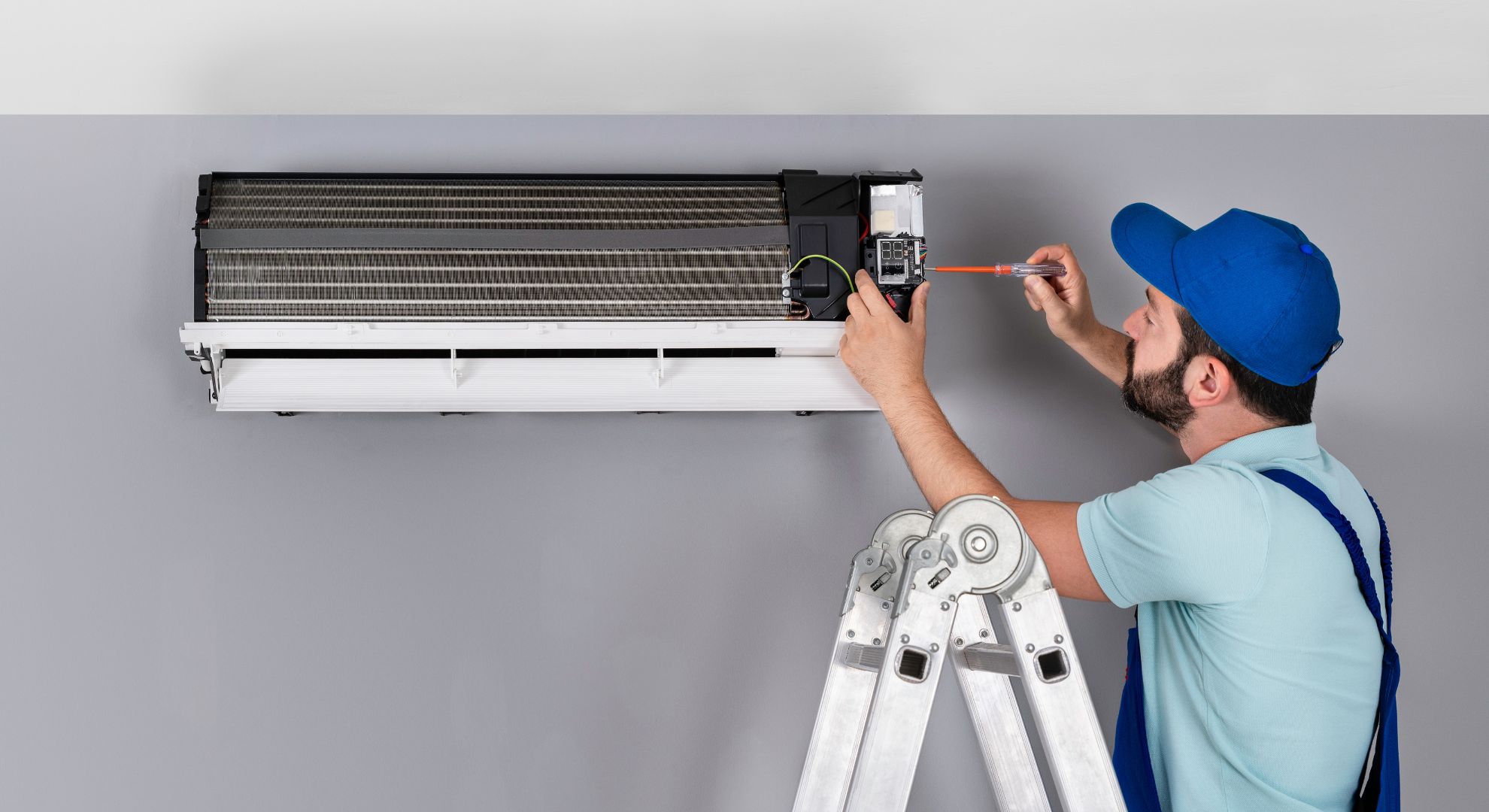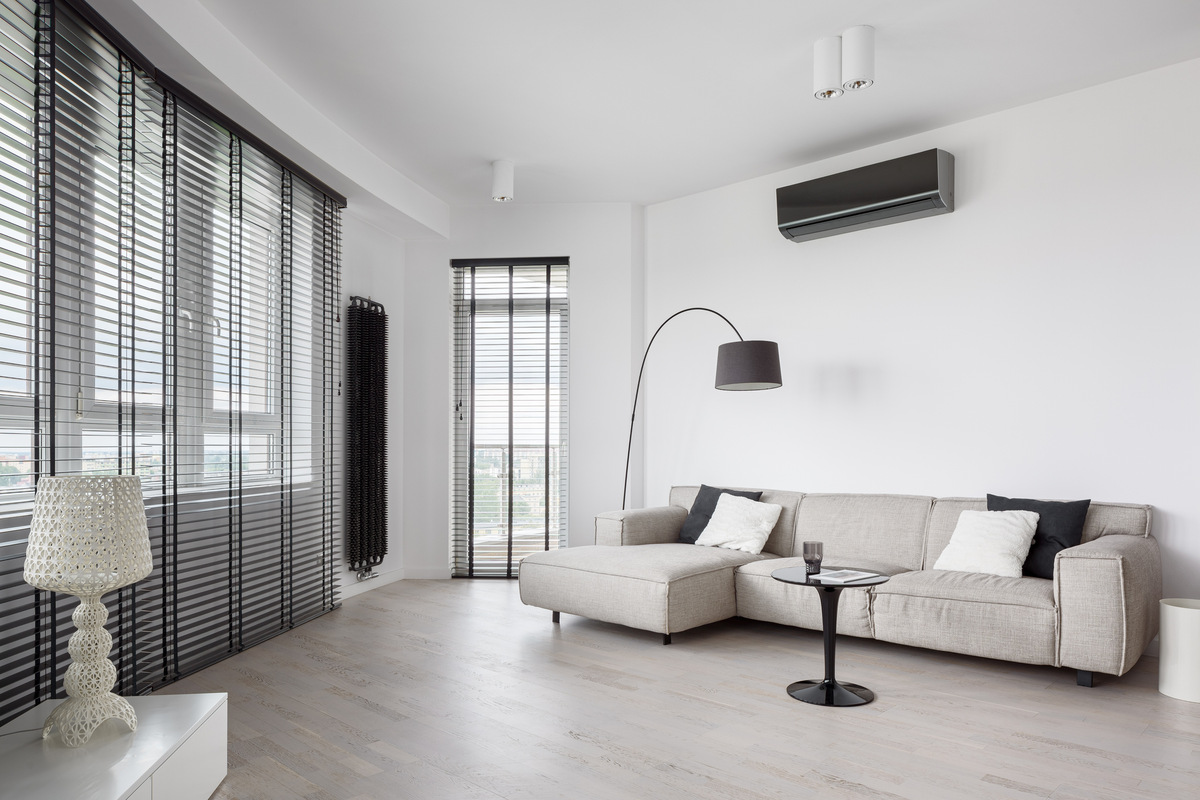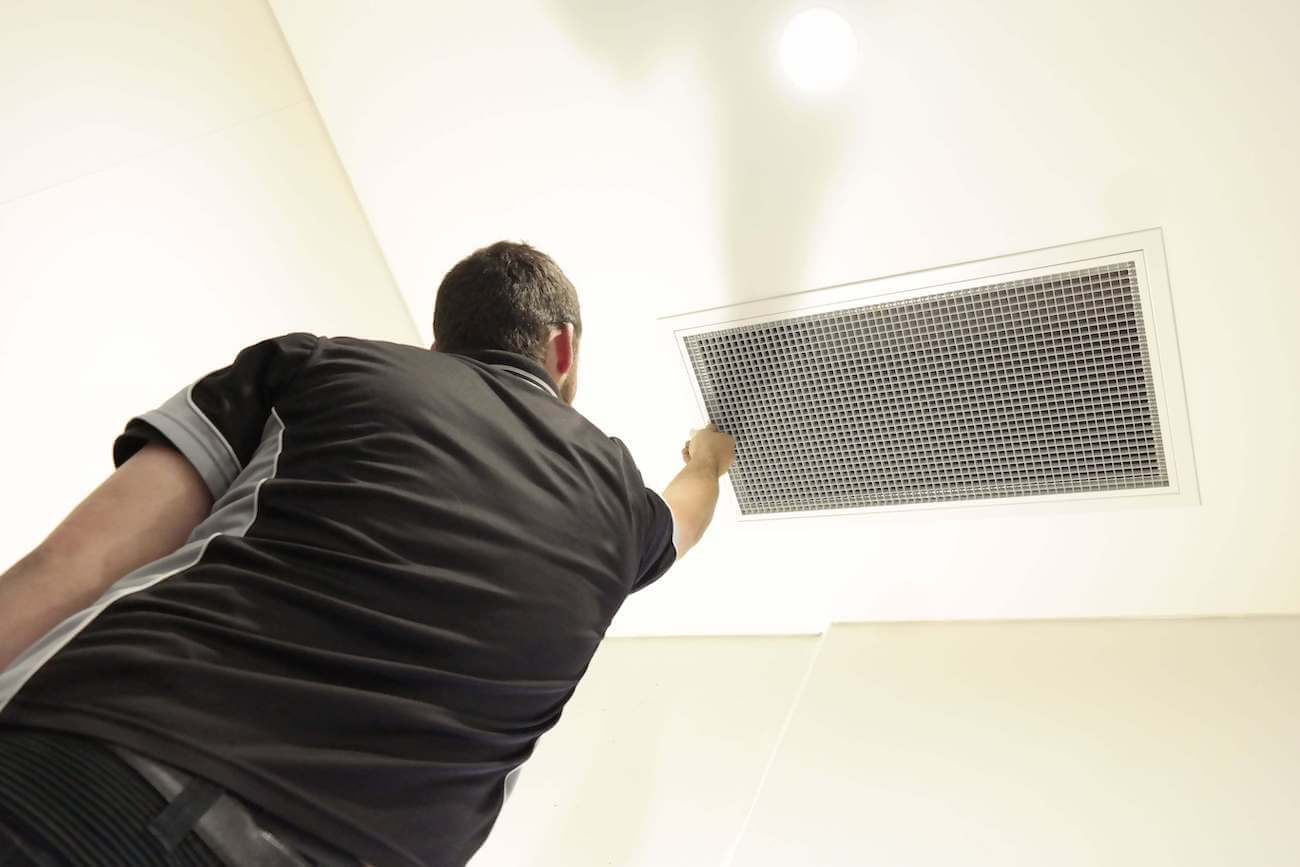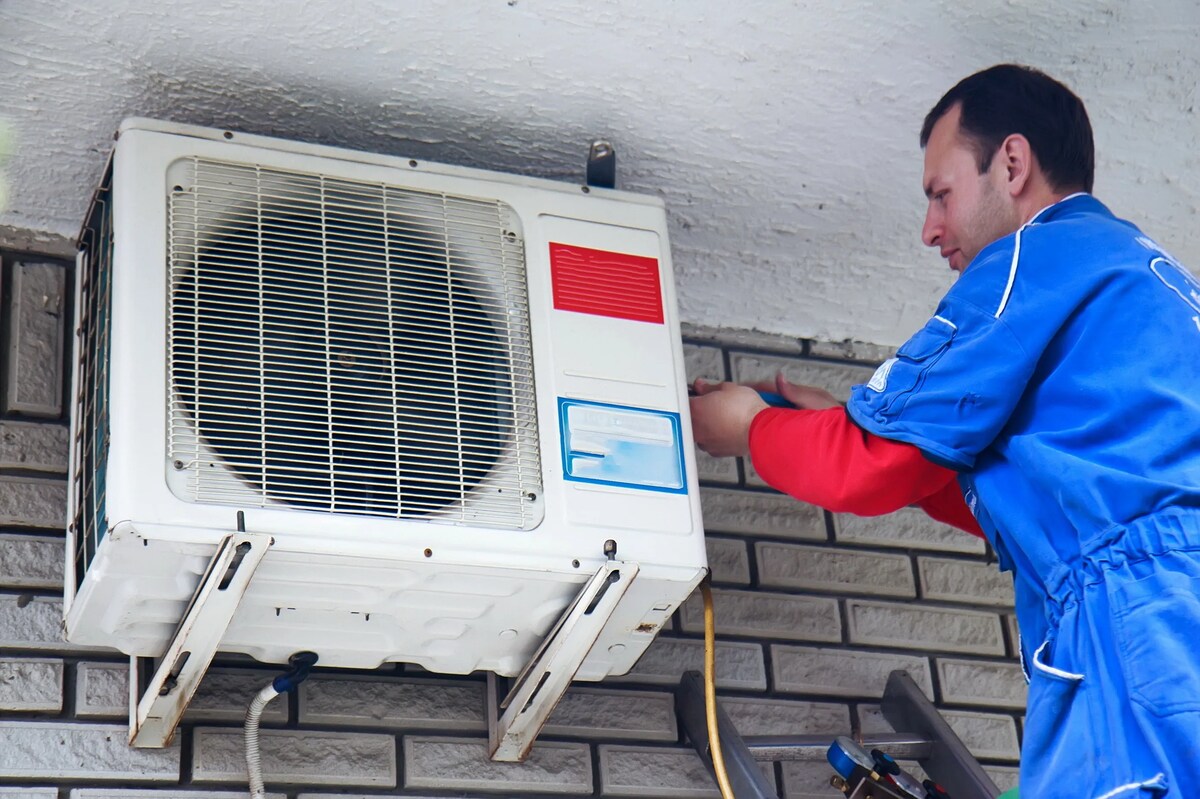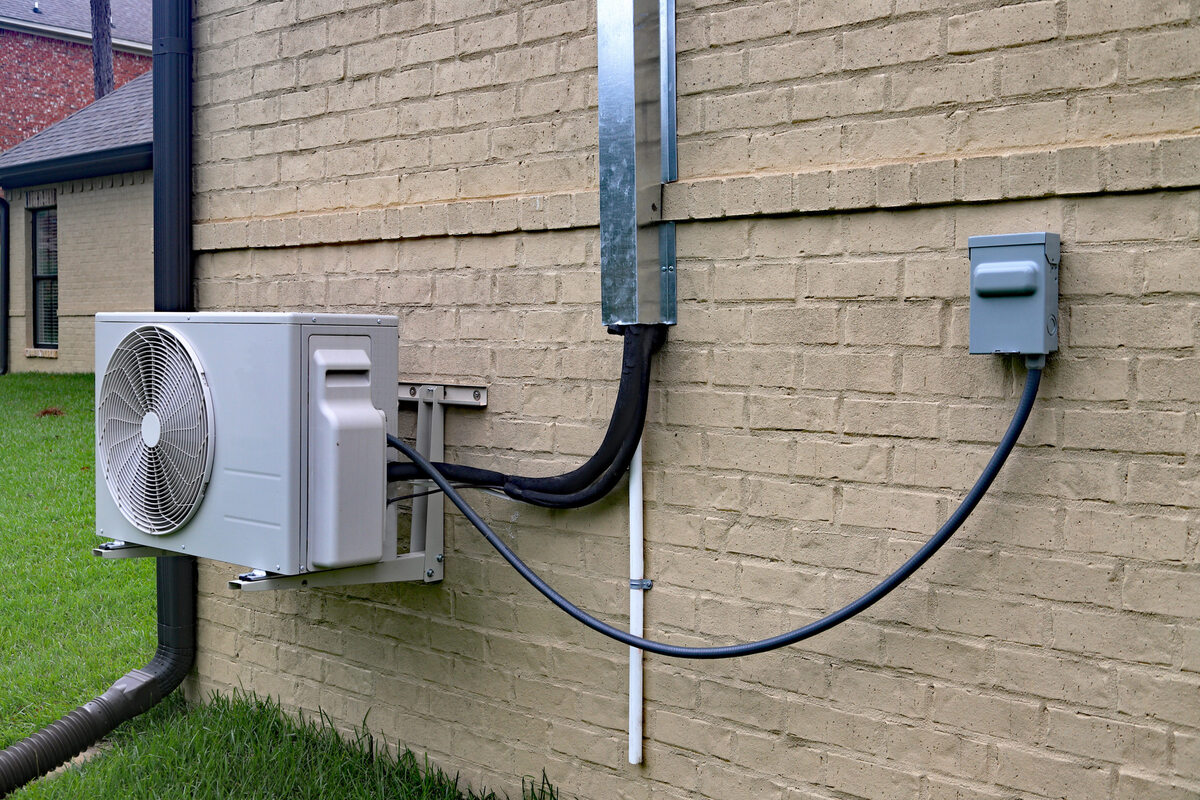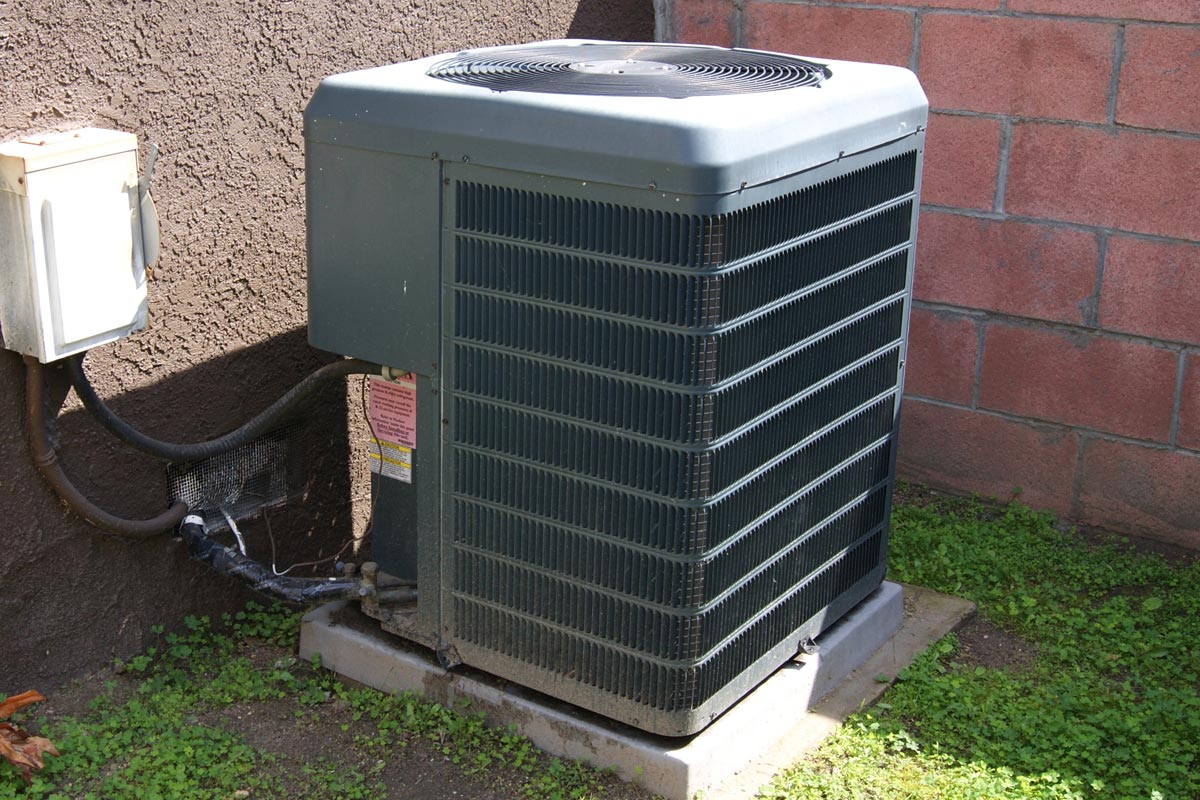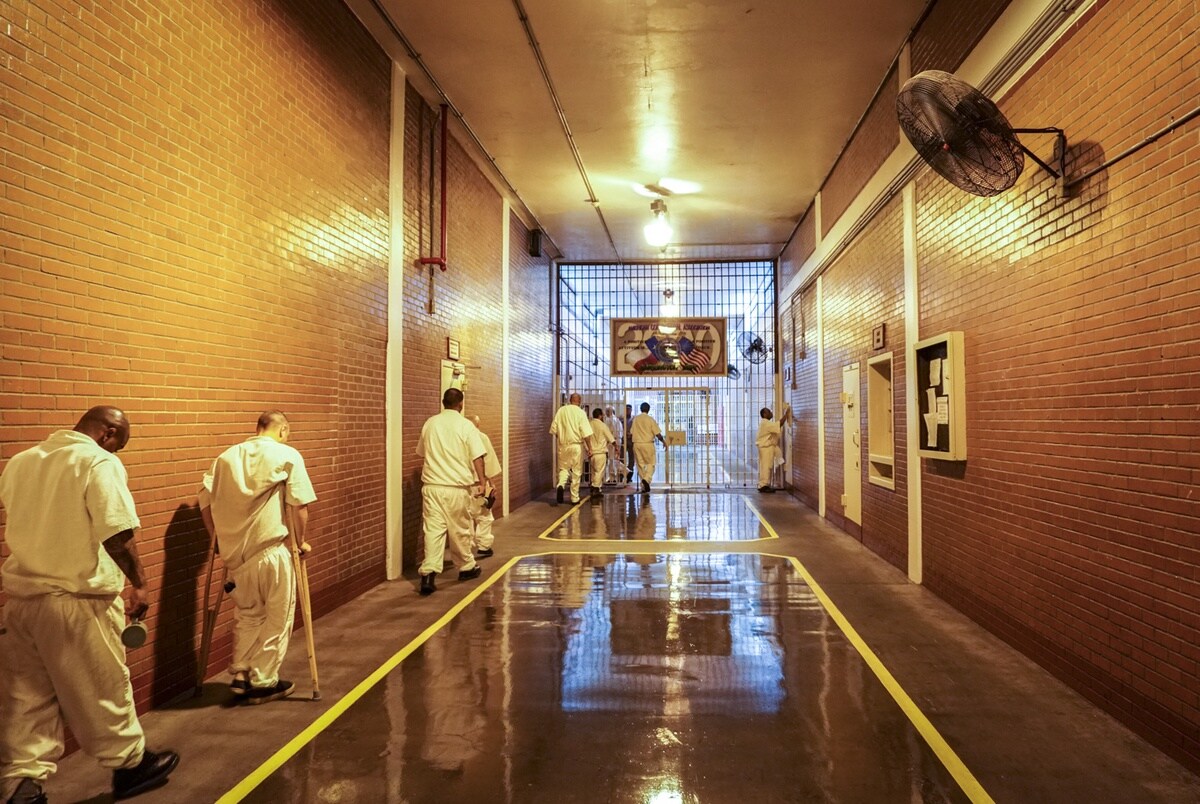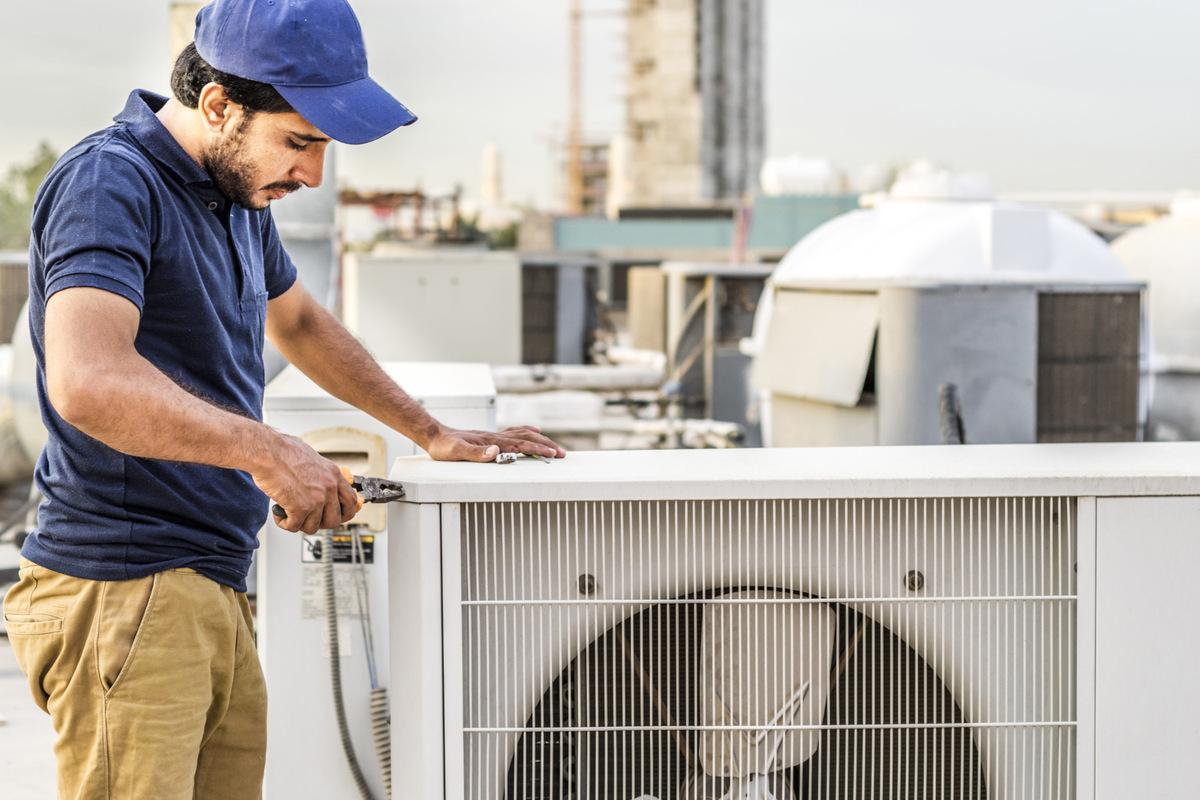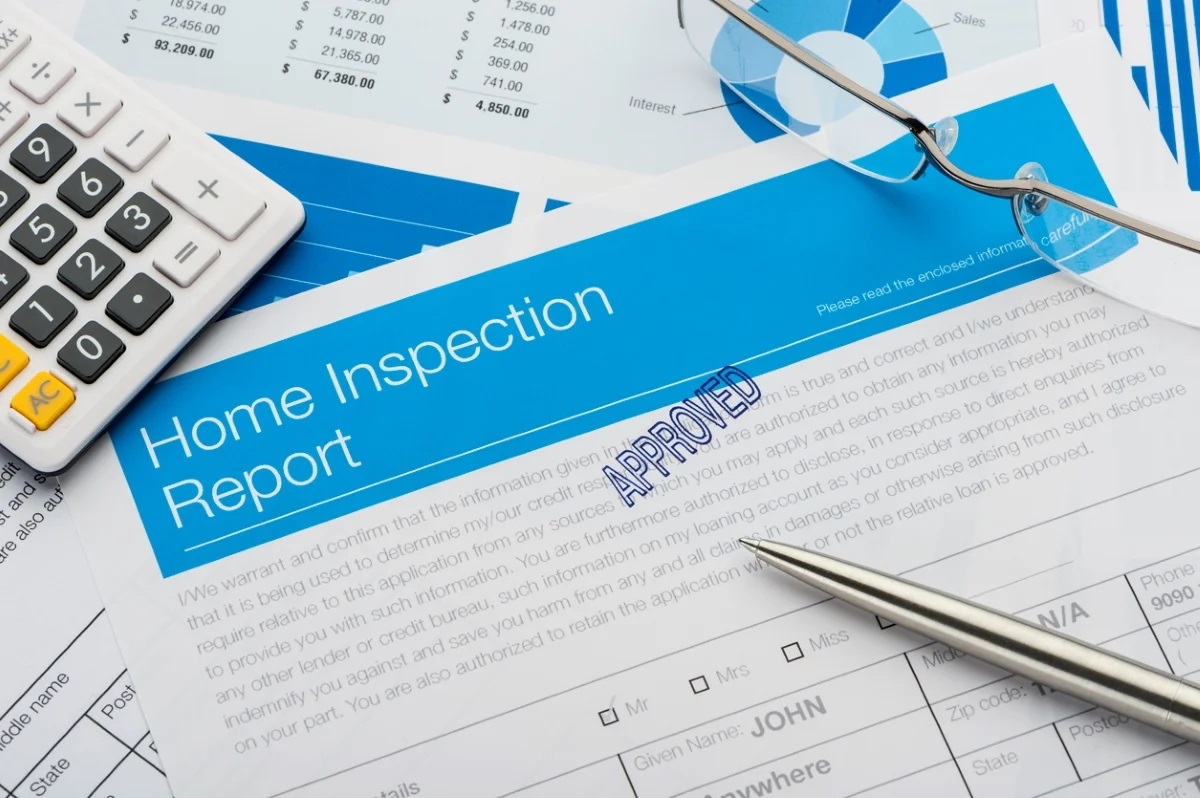Home>Home Maintenance>How Long Does A Landlord Have To Fix Air Conditioning
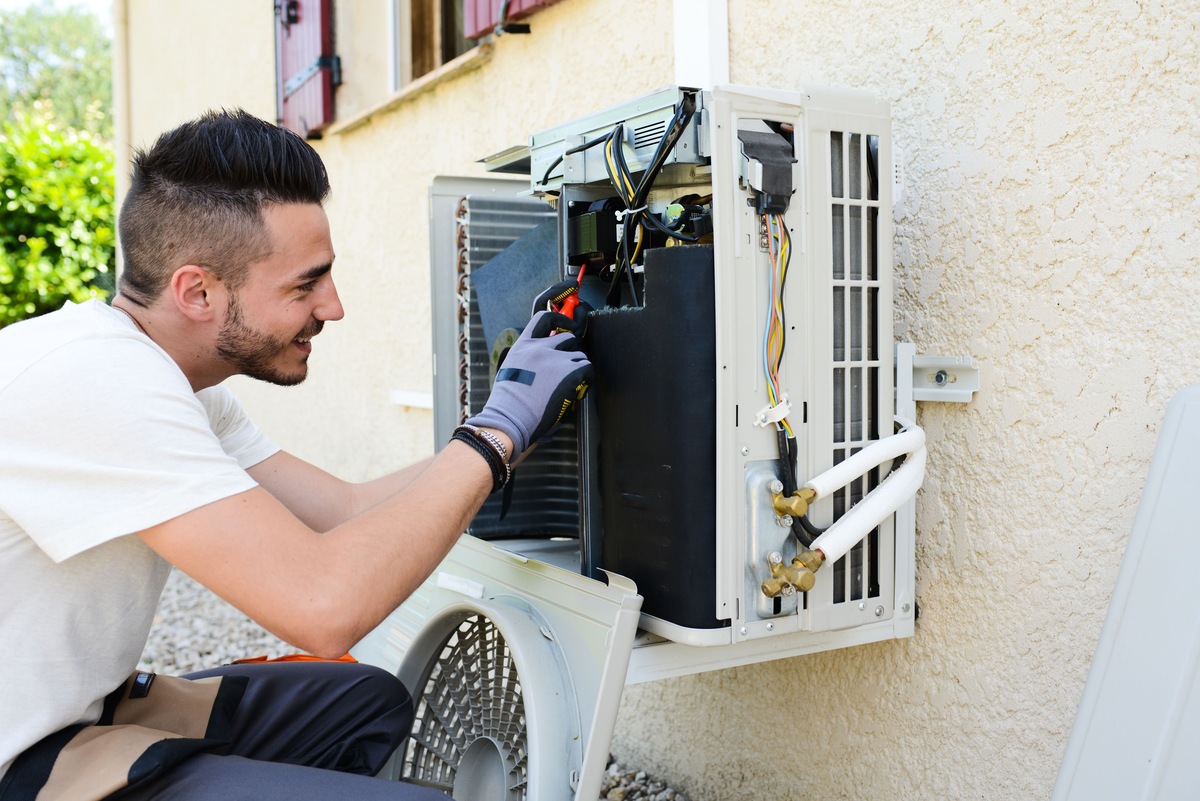

Home Maintenance
How Long Does A Landlord Have To Fix Air Conditioning
Modified: March 6, 2024
Find out how long a landlord has to fix air conditioning in a rental property and ensure your home maintenance concerns are addressed promptly.
(Many of the links in this article redirect to a specific reviewed product. Your purchase of these products through affiliate links helps to generate commission for Storables.com, at no extra cost. Learn more)
Introduction
Welcome to our comprehensive guide on the timeframes landlords have to fix air conditioning systems. As a tenant, it can be frustrating and uncomfortable when the air conditioning in your rental property breaks down, especially during the hot summer months. It is important to understand your rights as a tenant and the responsibilities of your landlord when it comes to repairing the air conditioning system.
In this article, we will delve into the topic of how long a landlord typically has to fix a faulty air conditioning unit. We will explore the legal obligations of landlords, the rights of tenants, and the different factors that can affect air conditioning repair timeframes. Additionally, we will provide guidance on what steps to take if the repair timelines set by local laws and regulations are not met.
Whether you are a tenant seeking answers or a landlord looking to better understand your responsibilities, this article will equip you with the necessary knowledge to navigate air conditioning repairs in rental properties.
Now let’s dive into the details of the landlord’s responsibility when it comes to fixing air conditioning systems.
Key Takeaways:
- Landlords are responsible for fixing air conditioning systems in a timely manner to provide a safe living environment for tenants, but repair timeframes can vary based on factors like severity of the issue and local regulations.
- Tenants have rights to expect timely air conditioning repairs, including written notice of repairs, temporary alternatives, and potential rent withholding in certain cases. Understanding local laws and regulations is crucial for asserting these rights.
Understanding the Landlord’s Responsibility
As a tenant, it’s important to have a clear understanding of your landlord’s responsibility when it comes to repairing the air conditioning system in your rental property. While laws and regulations can vary depending on your location, there are some general principles that apply in most cases.
Firstly, it is the landlord’s responsibility to provide a safe and habitable living environment for their tenants. This includes ensuring that essential systems, such as heating, plumbing, and air conditioning, are in proper working order. Failure to do so can not only result in discomfort for tenants but may also be a breach of the lease agreement.
Typically, landlords are responsible for the maintenance and repairs of the air conditioning system unless the damage was caused by the tenant’s negligence or misuse. However, it’s essential to review the terms of your lease agreement or consult with the local housing authority to fully understand your specific rights and obligations as a tenant.
In some cases, landlords may choose to shift the responsibility of air conditioning repairs to the tenant. This is commonly seen in situations where tenants have their own portable air conditioning units or when the lease agreement explicitly states that the tenant is responsible for repairs. It’s crucial to thoroughly review the lease agreement before signing it to avoid any misunderstandings.
It’s also worth noting that landlords are required to address air conditioning repairs in a reasonable and timely manner. However, the specific timeframes can vary depending on various factors such as the severity of the issue, availability of repair technicians, and the local laws and regulations.
Understanding the landlord’s responsibility is essential for tenants to know their rights and ensure that their living conditions are maintained at an acceptable standard. In the next section, we will explore the rights of tenants regarding air conditioning repairs.
Rights of Tenants
Tenants have certain rights when it comes to the repair and maintenance of air conditioning systems in their rental properties. These rights can vary based on local laws and regulations, as well as the terms of the lease agreement. Here are some common rights that tenants have:
- The right to a habitable living environment: Tenants have the right to live in a rental property that meets certain standards of habitability. This includes having a functioning air conditioning system, especially in areas with extreme climates.
- The right to timely repairs: Tenants have the right to expect that necessary repairs, including air conditioning repairs, are carried out in a reasonable timeframe. Landlords are typically responsible for addressing these repairs promptly.
- The right to written notice: In many jurisdictions, landlords are required to provide tenants with written notice of any repairs that need to be made to the air conditioning system. This notice should outline the issue, the date the repair will be carried out, and any actions needed from the tenant, if applicable.
- The right to temporary alternatives: In situations where the air conditioning system is not functional, tenants may have the right to request temporary alternatives or accommodations from the landlord. This could include providing portable air conditioning units or arranging for temporary housing until the repair is completed.
- The right to withhold rent: In some cases, tenants may have the right to withhold rent if the landlord fails to address air conditioning repairs within a reasonable timeframe. However, it is crucial to consult with local laws and regulations or seek legal advice before taking this step, as it can have legal implications.
It is important for tenants to familiarize themselves with their rights regarding air conditioning repairs. This knowledge allows them to assert their rights and take appropriate actions if their landlord fails to meet their obligations. However, it is recommended to maintain open communication with the landlord or property management to resolve any issues amicably before resorting to legal measures.
Next, let’s delve into the typical timeframes landlords have to fix air conditioning systems.
Air Conditioning Repair Timeframes
The timeframes for landlords to fix air conditioning systems can vary depending on several factors, including the severity of the issue, availability of repair technicians, and local laws and regulations. While specific timelines can differ, there are some general guidelines to keep in mind:
Emergency repairs: If there is a complete breakdown of the air conditioning system during extreme weather conditions, such as a heatwave, it is considered an emergency repair. In most cases, landlords are required to address emergency repairs within 24 to 48 hours to ensure the health and safety of the tenants.
Non-emergency repairs: For non-emergency repairs, the timeframe for landlords to fix the air conditioning system is typically longer. It could range from a few days to a couple of weeks, depending on the availability of repair technicians and the nature of the issue. Landlords are expected to address non-emergency repairs in a reasonable and timely manner.
It is important for tenants to communicate the issue to their landlords as soon as possible and document any conversations or written requests for repairs. This documentation can be useful if there is a need to demonstrate that the landlord failed to meet the repair timeframe set by local laws and regulations.
Keep in mind that repair timeframes can be impacted by external factors, such as the availability of specific parts or the demand for repair services in the area. Landlords should make reasonable efforts to resolve the air conditioning issue promptly, but unexpected delays may occur.
Understanding the typical repair timeframes can help tenants manage their expectations and take appropriate action if the repair timelines are not met. In the next section, we will explore the importance of local laws and regulations in determining these timeframes.
Landlords are typically required to fix air conditioning within a reasonable time, which is usually defined as 24-48 hours. If the landlord fails to do so, tenants may have the right to withhold rent or pursue legal action.
Local Laws and Regulations
When it comes to air conditioning repairs in rental properties, it is essential to be aware of the local laws and regulations that govern landlord-tenant relationships. These laws can vary from state to state and even within different municipalities. Familiarizing yourself with these regulations can provide valuable insights into the specific timeframes and obligations landlords have in your area.
Local laws and regulations may dictate specific repair timeframes for air conditioning systems. For example, in some jurisdictions, landlords may be required to address emergency repairs within 24 hours, while non-emergency repairs may have a timeframe of 3 to 7 days.
Additionally, local laws may outline the procedures that tenants must follow when requesting repairs. This could include sending written notice of the issue to the landlord, allowing a certain number of days for response and repair, and potential remedies available if repairs are not completed within the specified timeframe.
It is crucial to thoroughly research and understand the laws and regulations that apply to your specific location. You can consult local housing authorities, tenant unions, or legal professionals to get accurate and up-to-date information on the repair timelines and tenants’ rights in your area.
By being aware of the local laws and regulations, tenants can advocate for their rights and hold landlords accountable for meeting their obligations. It is important to remember that these laws are designed to protect both tenants and landlords and promote fair and equitable living conditions.
Next, let’s explore the steps tenants can take if the repair timelines for air conditioning systems are not met.
Steps to Take when AC Repair Timelines are Not Met
While landlords are typically responsible for repairing air conditioning systems within a reasonable timeframe, there may be instances when these timelines are not met. If you find yourself in this situation, here are some steps you can take:
1. Communicate with your landlord: Start by contacting your landlord or property management to express your concerns and remind them of their obligation to repair the air conditioning system. Maintain a record of these communication attempts, including dates, times, and details of the conversations.
2. Check your lease agreement: Review your lease agreement to understand the provisions regarding repairs and maintenance. Some leases may provide specific guidance on how to handle repair issues and what steps to take if repairs are not completed within a specified timeframe.
3. Document the issue: Take photographs or videos of the malfunctioning air conditioning unit to provide evidence of the problem. This documentation can be helpful if you need to escalate the issue or involve relevant authorities.
4. Consult local laws and regulations: Familiarize yourself with the local laws and regulations regarding repair timelines and tenants’ rights. Determine if the landlord is in violation of any legal obligations and understand the remedies available to you as a tenant.
5. Send a written notice: If the repair timelines continue to be unmet, send a written notice to your landlord detailing the issue, the previous conversations you have had, and the specific repair timeframe you expect to be met. Be sure to keep a copy of this notice for your records.
6. Seek legal advice: If all attempts to resolve the issue directly with your landlord fail, consider seeking legal advice. A lawyer or tenant advocacy organization can provide guidance on your rights, possible remedies, and the best course of action to take.
7. File a complaint: If necessary, you may need to file a complaint with your local housing authority or tenant union. Provide them with all the relevant documentation, such as records of communication, photos, videos, and any written notices you have sent to your landlord.
Remember to always remain calm, respectful, and professional when dealing with your landlord or property management. Open communication and documentation will strengthen your case if you need to escalate the issue further.
Now that we’ve explored the steps to take when AC repair timelines are not met, let’s wrap up our guide.
Conclusion
Dealing with a faulty air conditioning system in a rental property can be a frustrating experience. As a tenant, it is crucial to understand your rights and the responsibilities of your landlord when it comes to repairing the air conditioning unit.
In this comprehensive guide, we have explored the landlord’s responsibility to maintain a habitable living environment, the rights of tenants regarding air conditioning repairs, and the typical timeframes for landlords to fix air conditioning systems. We have also touched on the importance of local laws and regulations in determining these timeframes and discussed the steps tenants can take if repair timelines are not met.
As a tenant, it is essential to communicate effectively with your landlord, document the issue, and understand the provisions of your lease agreement. Familiarize yourself with the local laws and regulations that govern air conditioning repairs, and take appropriate action if repair timelines are not met. Seeking legal advice or involving relevant authorities may be necessary in some cases.
Remember, the goal is to ensure that your living conditions are safe and comfortable. By assertively advocating for your rights and following the appropriate steps, you can work towards resolving air conditioning issues and maintaining a healthy living environment.
We hope this guide has provided you with valuable insights and empowered you to navigate air conditioning repairs in rental properties. Stay informed, communicate effectively, and assert your rights to ensure a pleasant living experience.
If you have any more questions or concerns, consider reaching out to local housing authorities, tenant unions, or legal professionals who can provide tailored advice based on your specific situation.
Frequently Asked Questions about How Long Does A Landlord Have To Fix Air Conditioning
Was this page helpful?
At Storables.com, we guarantee accurate and reliable information. Our content, validated by Expert Board Contributors, is crafted following stringent Editorial Policies. We're committed to providing you with well-researched, expert-backed insights for all your informational needs.
